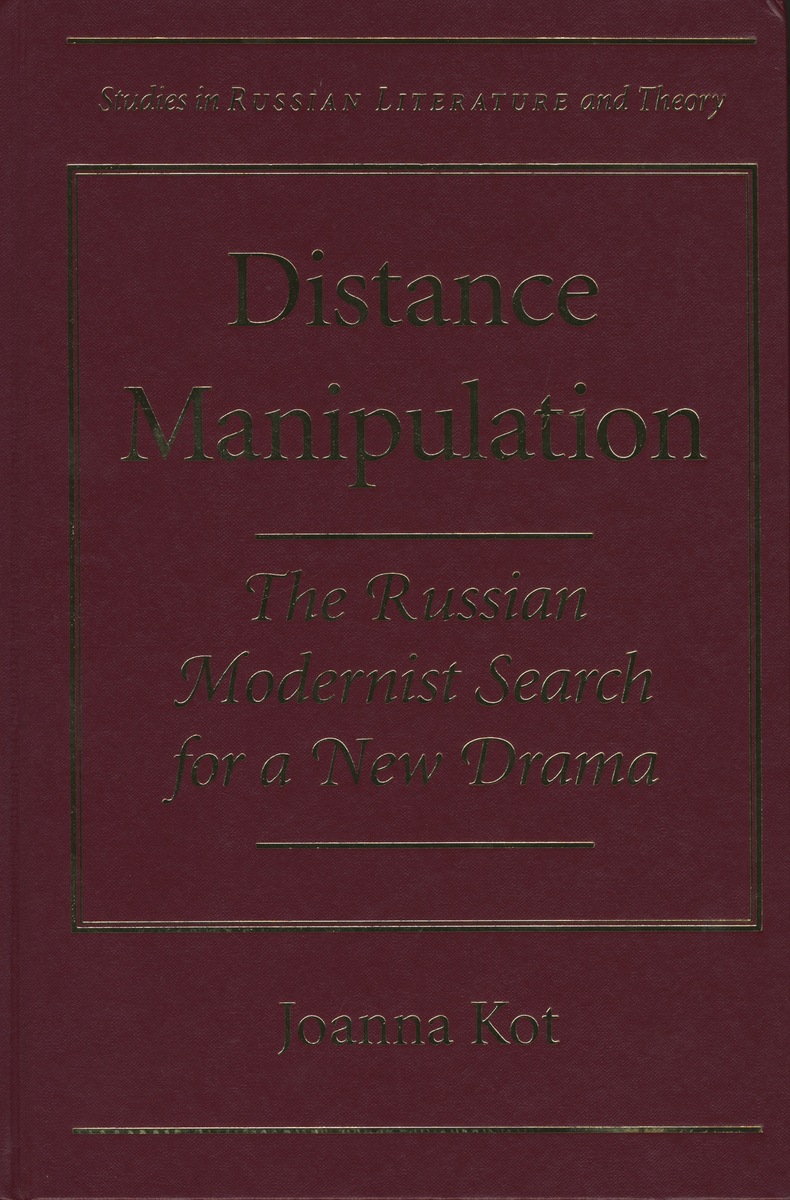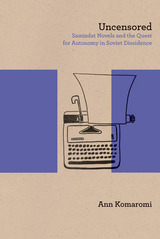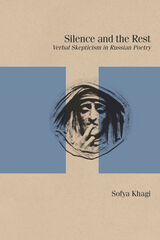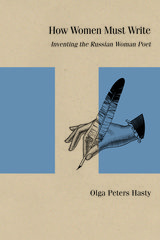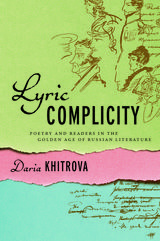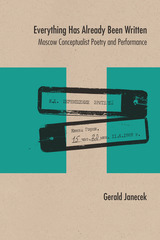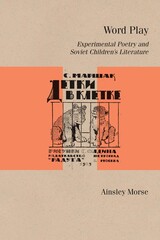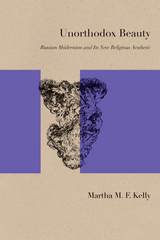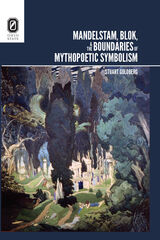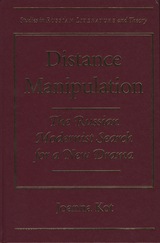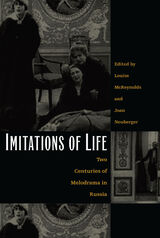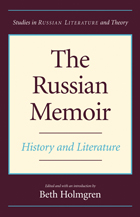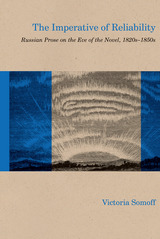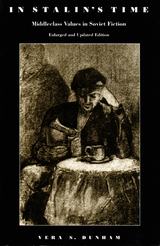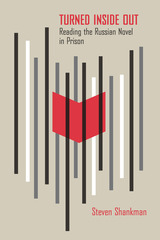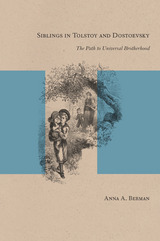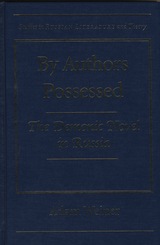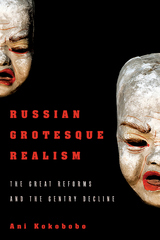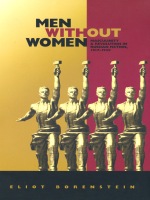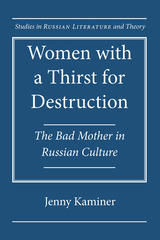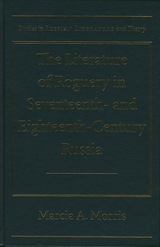Distance Manipulation: The Russian Modernist Search for a New Drama
Northwestern University Press, 1999
Cloth: 978-0-8101-1654-2 | eISBN: 978-0-8101-6707-0
Library of Congress Classification PG3086.K68 1999
Dewey Decimal Classification 891.72309
Cloth: 978-0-8101-1654-2 | eISBN: 978-0-8101-6707-0
Library of Congress Classification PG3086.K68 1999
Dewey Decimal Classification 891.72309
ABOUT THIS BOOK | AUTHOR BIOGRAPHY | TOC
ABOUT THIS BOOK
At the turn of the century, there appeared in the Western world a stream of literary and dramatic works that confused their audiences to an unprecedented degree. Many of these works continue to confuse to this day and are avoided by theatre managers wishing to fill seats. Choosing for analysis a selection of five early-twentieth-century Russian plays, this book examines in detail the techniques, devices, and elements that the playwrights applied in order to undercut the traditional dramatic and theatrical expectations of their audiences.
Kot studies experimental dramas by Gippius, Sologub, Blok, and Ivanov, but the centerpiece of the book is Chekhov's Cherry Orchard his last and greatest play. Kot argues that it presents a subtle balance of distancing and emotive techniques.
An invaluable guide to the often bewildering nature of so-called "innovative" twentieth-century works, this book will appeal to anyone interested in modern theater.
Kot studies experimental dramas by Gippius, Sologub, Blok, and Ivanov, but the centerpiece of the book is Chekhov's Cherry Orchard his last and greatest play. Kot argues that it presents a subtle balance of distancing and emotive techniques.
An invaluable guide to the often bewildering nature of so-called "innovative" twentieth-century works, this book will appeal to anyone interested in modern theater.
See other books on: Aesthetic distance | Modernism (Literature) | Russia | Russian & Soviet | Russian drama
See other titles from Northwestern University Press
